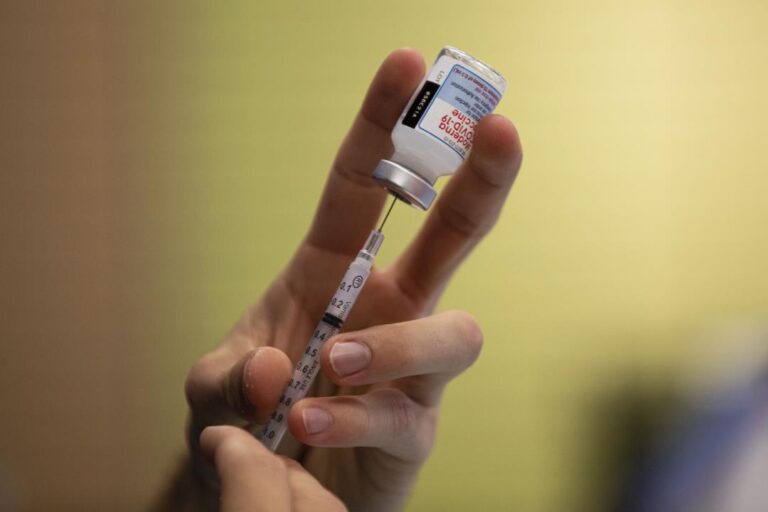Despite vaccines, masks and social distancing, the “excess death” rate has remained stable for most of the COVID pandemic, but why? New Research The debate on the topic has reignited discussion about pandemic response and calls for deeper investigations into COVID deaths. The Straits Times The researchers looked at data from 47 Western countries and found that more than 3 million “excess deaths” were reported between January 2020 and December 2022 — more than would have been expected before the pandemic. They hovered at just over 1 million per year for the first two years, before falling to around 800,000 in the final year. “This raises serious concerns about the potential downsides of COVID countermeasures such as containment and vaccines,” the study said.
- Governments responded to COVID-19 with swift restrictive measures such as business closures and stay-at-home orders, but these measures “had indirect adverse effects,” the study says, including lack of access to health care and education, economic damage and food insecurity, while also overwhelming hospitals and causing large increases in excess deaths from causes such as heart disease, stroke and diabetes.
- COVID vaccines were “offered to protect civilians,” but they did not always work as advertised. Clinical trials showed that the risks of the Pfizer and Moderna vaccines could be serious for a small number of people, causing death, hospitalization, and disability, while doctors and citizens reported deaths and injuries after vaccination to Western databases. In 2021, the FDA said it was necessary to investigate the Pfizer vaccine for side effects such as pulmonary embolism and acute myocardial infarction.
- of Telegraph and Times of India Some who emphasize the vaccine argument disagree. The Straits Times They note that while most of the excess deaths were caused by COVID rather than other diseases, the countries with the highest excess deaths also appear to have the lowest vaccination rates. conversation Refers to UK survey results Mortality from all causes was highest among unvaccinated individuals.
- The study authors “presented the findings in a disproportionate way,” said Professor Dale Fisher, a senior consultant in infectious diseases at the National University Hospital of Singapore. “Restrictions and vaccines have saved millions of lives and helped the world emerge from the pandemic faster and safer.”
The study authors acknowledge limitations in their work, such as clarifying the exact mortality rate and cause of death. But “every death from COVID-19 matters,” they say, which is why they’re calling for government investigations, new health crisis policies, and even autopsies for those who have died during the pandemic. (More COVID-19 articles)


